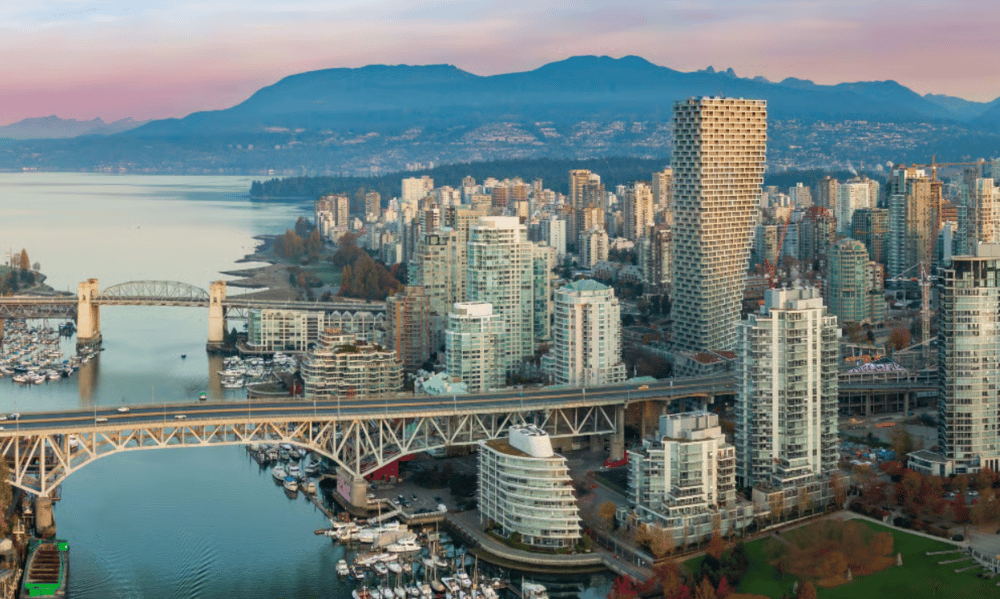Is foreign investment the fix—or the problem?

British Columbia premier David Eby and housing minister Christine Boyle firmly rejected calls this week from the real estate sector to loosen restrictions on foreign investment in residential property, emphasizing their government’s commitment to affordability and local access to housing.
“We are not going back to the Wild West days of empty condos, and foreign investment racking up the prices,” Boyle said Wednesday, in response to a letter signed by 25 developers asking for the federal foreign buyer ban and provincial foreign buyer tax to be reconsidered.
The letter, addressed to prime minister Mark Carney, federal Housing Minister Gregor Robertson, and provincial officials including Eby and Boyle, argued that foreign investors are essential to presale condo markets. Without them, developers claim, fewer projects reach financing thresholds, threatening housing supply and employment in BC’s struggling construction sector.
Industry voices concern over construction slowdown
The July 29 letter cites a near-50% decline in housing starts in BC from March 2024 to March 2025, and a 22% drop in multi-unit project launches, according to a report from Storeys. Signatories include Polygon, Westbank, Beedie, Amacon, and Wesbild, whose president, Kevin Layden, described the market as worse than the 2008 global financial crisis.
“If projects don’t go forward,” Layden warned, “there will be an inventory decline in two to three years… that will drive prices back up.”
Developers pointed to Australia’s 2025 housing reforms—permitting foreign investment in new housing but not resale properties—as a potential model for Canada.
Province rejects return to investor-driven model
Eby rejected the premise that reviving foreign capital would address BC’s housing woes.
“Let me say this: We are not going back to the old model of doing things,” he said. “Real estate prices became completely detached from what people are actually able to earn in British Columbia.”
Referencing Vancouver’s troubled CURV project—which saw its price escalate from $16 million to $69 million after international investment—Eby called the previous model “completely stupid and disconnected from what the local market can support.”
“If foreign capital can help build housing for Canadians and British Columbians, great,” Eby added. “But … if the foreign capital is just housing that is going to sit empty … that model is dead.”
Federal government defends policy
Federal officials have not yet commented on the matter, but a statement from the federal Housing Department said the ban “helps to ensure that those homes are used for Canadians to live in, not as a speculative asset class for foreign investors.”
Should BC reconsider its foreign buyer restrictions to boost housing construction? Share your insights in the comments below.



